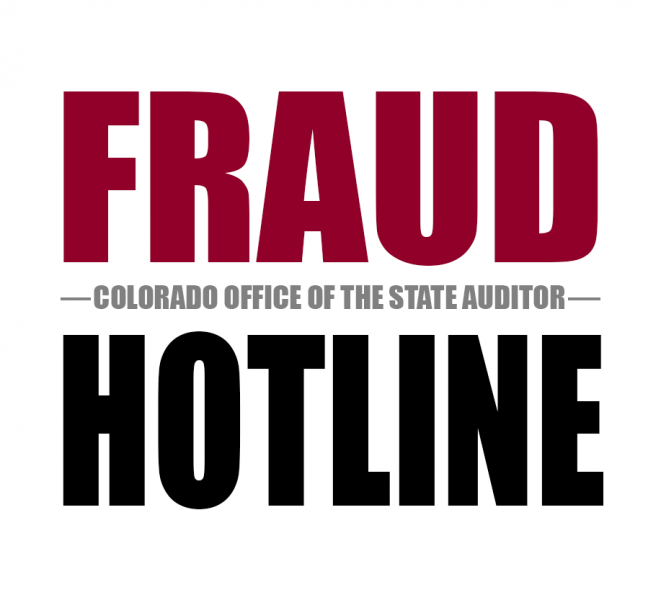Yes. If you wish to remain anonymous, you do not have to provide details that will reveal your identity [see Section 2-3-110.5(2)(b)(I), C.R.S.]. However, anonymous reports without sufficient information generally cannot be pursued. We encourage you to provide us with your contact information for follow-up purposes, if needed.
Please provide as much detail as possible so that we may properly evaluate your concern. Try to answer the basic what, who, when, where, and how questions:
WHAT - What activity occurred that you believe is inappropriate or fraudulent?
WHO - Who acted inappropriately? What is their position? Which state agency do they work for or contract with?
WHEN - When did the activity occur or take place? When did you become aware of it? Was the activity a one-time occurrence or did it take place over a period of time? Is the activity still occurring?
WHERE - Where did the activity occur or take place?
HOW - How did the issue come to your attention? Did you observe it, or did you hear about it from someone else?
The State or an entity under contract with a state agency are prohibited from retaliating against any employee who makes a report of information to the Hotline. However, such protections do not extend to those situations in which the employee makes a report to the Hotline with disregard for the truth or falsity of the information being reported. See Sections 24-50.5-103 and 24-114-102, C.R.S., for more details.
All workpapers prepared or maintained by the State Auditor in connection with Hotline calls, which includes reports made to the Hotline, must be held as strictly confidential and not for public release. Workpapers prepared or maintained by the State Auditor in connection with Hotline calls are not subject to the Colorado Open Records Act. However, these restrictions on public access to information do not prevent the OSA from providing information to law enforcement or other parties responsible for taking action to respond to fraud allegations. See Section 2-3-110.5(2)(f)(II), C.R.S., for more details.
No, the OSA's Fraud Hotline authority does not extend to local governments. If you suspect fraudulent activity is occurring at the local government level, here are some possible avenues for reporting your concerns:
(1) Many larger counties and cities have an internal audit department, division, or work unit.
(2) Many local governments in are required to undergo an annual financial audit by an independent Ceritfied Public Accountant (CPA). Your local government can provide you with contact information for the CPA firm conducting their annual audit.
(3) District Attorney or other local law enforcement agency.
(4) The Colorado Department of Local Affairs and organizations such as Colorado Counties Inc., the Colorado Municipal League, or the Special District Association of Colorado, may also be helpful for navigating local government resources.
The word "fraud" is commonly used to refer to many different situations and concerns, not all of which fall within the statutory authority of the OSA's Fraud Hotline. The OSA's Fraud Hotline is specifically targeted toward fighting occupational fraud, which is the use of one's occupation for personal enrichment through the deliberate misuse or misapplication of the employing organization's resources or assets.
Within state government, occupational fraud involves those situations in which a current or former state employee or contracted individual may be using their position or access to commit fraud against the State or others.
Occupational fraud schemes include things such as falsifying invoices or reimbursement requests, use of procurement cards for personal purchases, falsifying time or leave records, soliciting or accepting bribes or kickbacks, bid rigging, conflicts of interest, or manipulation of the State's accounting records and financial statements.


